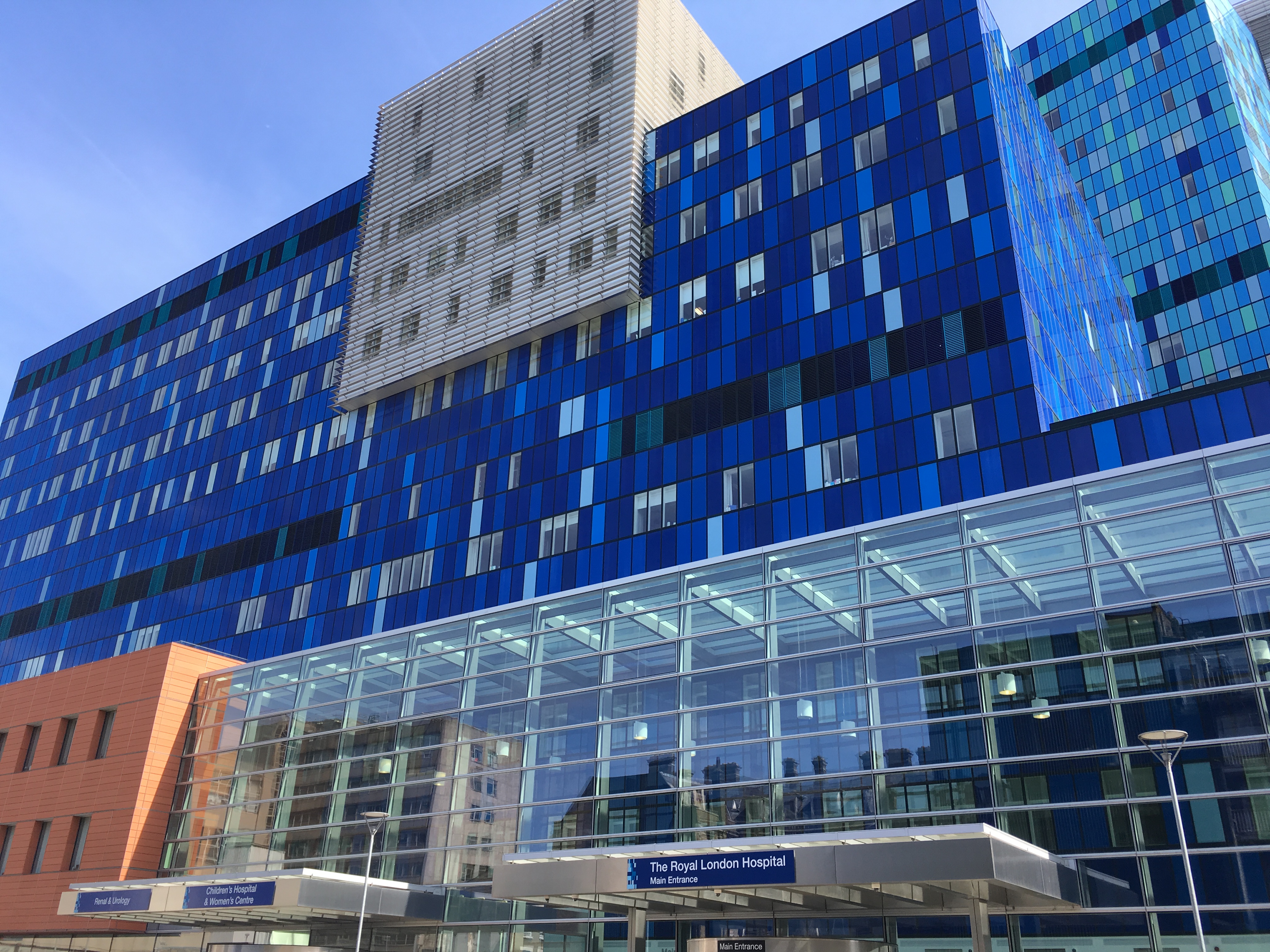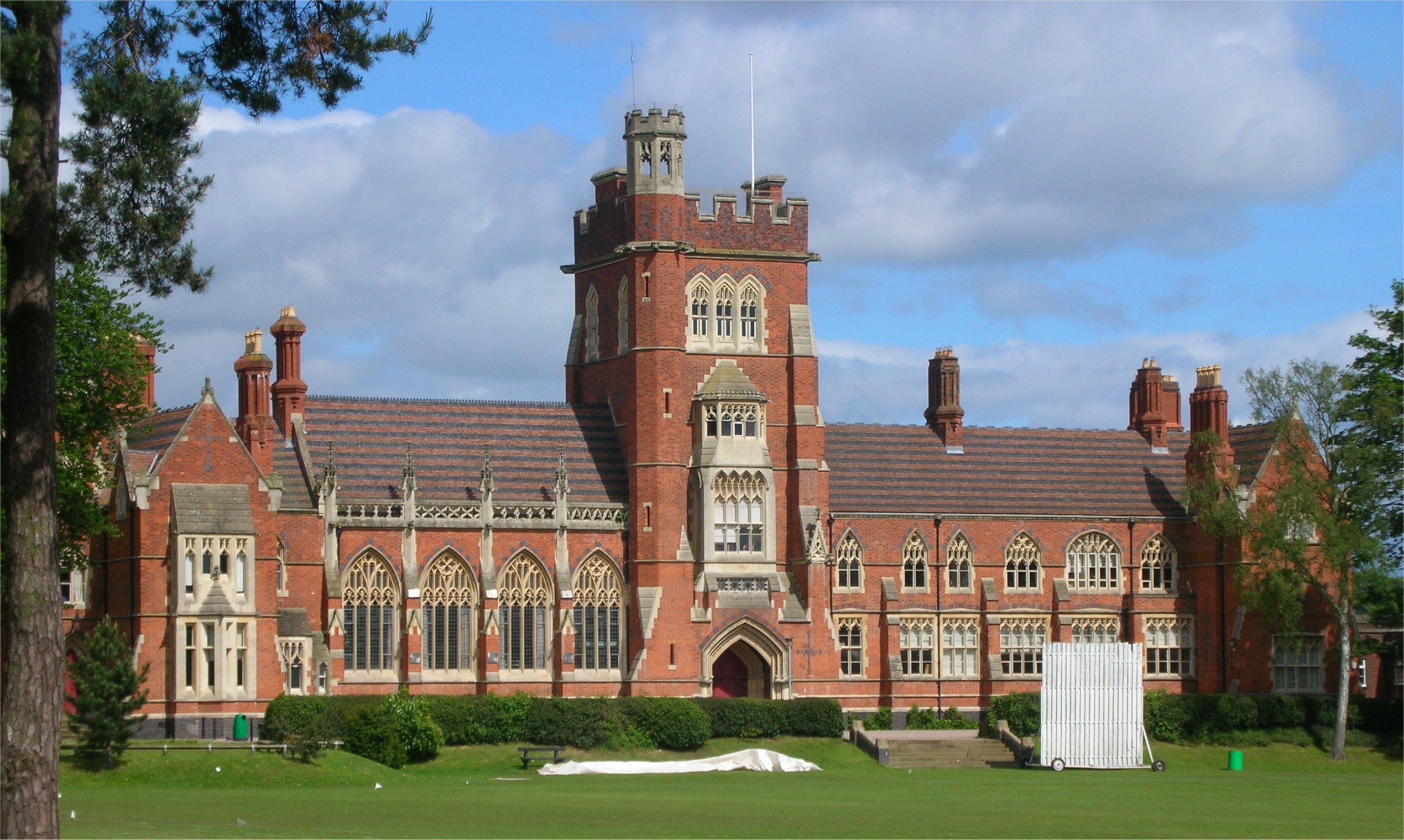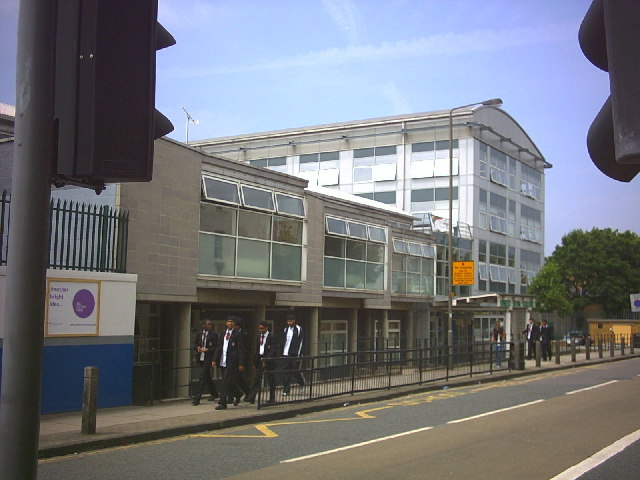|
Government Of England
There has not been a government of England since 1707 when the Kingdom of England ceased to exist as a sovereign state, as it merged with the Kingdom of Scotland to form the Kingdom of Great Britain. The Kingdom of Great Britain continued from 1707 until 1801 when it merged with the Kingdom of Ireland to form the United Kingdom of Great Britain and Ireland, which itself became the United Kingdom of Great Britain and Northern Ireland (UK) in 1922 ( in reality; in name in 1927) upon independence for most of the island of Ireland. Background The UK since then has gone through significant change to its system of government, with devolved parliaments, assemblies and governments in Scotland, Wales and Northern Ireland. England, however, remains under the full jurisdiction, on all matters, of the Parliament of the United Kingdom of Great Britain and Northern Ireland and the UK government as no devolved administration has been created for England within the new structure. This situat ... [...More Info...] [...Related Items...] OR: [Wikipedia] [Google] [Baidu] |
Kingdom Of England
The Kingdom of England was a sovereign state on the island of Great Britain from the late 9th century, when it was unified from various Heptarchy, Anglo-Saxon kingdoms, until 1 May 1707, when it united with Kingdom of Scotland, Scotland to form the Kingdom of Great Britain, which would later become the United Kingdom. The Kingdom of England was among the most powerful states in Europe during the Middle Ages, medieval and Early modern period, early modern periods. Beginning in the year 886 Alfred the Great reoccupied London from the Danish Vikings and after this event he declared himself King of the Anglo-Saxons, until his death in 899. During the course of the early tenth century, the various Anglo-Saxons, Anglo-Saxon kingdoms were united by Alfred's descendants Edward the Elder (reigned 899–924) and Æthelstan (reigned 924–939) to form the Kingdom of the English. In 927, Æthelstan conquered the last remaining Viking kingdom, Scandinavian York, York, making him the first ... [...More Info...] [...Related Items...] OR: [Wikipedia] [Google] [Baidu] |
Healthcare In England
Healthcare in England is mainly provided by the National Health Service (NHS), a public body that provides healthcare to all permanent residents in England, that is free at the point of use. The body is one of four forming the UK National Health Service, as health is a devolved matter; there are differences with the provisions for healthcare elsewhere in the United Kingdom, and in England it is overseen by NHS England. Though the public system dominates healthcare provision in England, private health care and a wide variety of alternative and complementary treatments are available for those willing and able to pay. The Secretary of State for Health and Social Care is a senior minister of the Crown within the Government of the United Kingdom, and leads the Department of Health and Social Care with responsibility for England's NHS. The Secretary serves as the principal adviser to the Prime Minister of the United Kingdom on all health matters. National Health Service The NHS is fr ... [...More Info...] [...Related Items...] OR: [Wikipedia] [Google] [Baidu] |
Natural Environment
The natural environment or natural world encompasses all life, biotic and abiotic component, abiotic things occurring nature, naturally, meaning in this case not artificiality, artificial. The term is most often applied to Earth or some parts of Earth. This environment encompasses the interaction of all living species, climate, weather and natural resources that affect human survival and economic activity. The concept of the ''natural environment'' can be distinguished as components: * Complete ecological units that function as natural systems without massive civilized human intervention, including all vegetation, microorganisms, soil, rock (geology), rocks, plateaus, mountains, the atmosphere of Earth, atmosphere and list of natural phenomena, natural phenomena that occur within their boundaries and their nature. * Universal natural resources and phenomenon, physical phenomena that lack clear-cut boundaries, such as air, water and climate, as well as energy, radiation, electric ... [...More Info...] [...Related Items...] OR: [Wikipedia] [Google] [Baidu] |
Education In England
Education in England is overseen by the Department for Education. Local government in England, Local government authorities are responsible for implementing policy for public education and State-funded schools (England), state-funded schools at a local level. State-funded schools may be selective ''grammar schools'' or non-selective Comprehensive school (England and Wales), ''comprehensive schools''. All state schools are subject to assessment and inspection by the government department Ofsted (the Office for Standards in Education, Children's Services and Skills). England also has Private schools in the United Kingdom, private schools (some of which are known as public school (United Kingdom), ''public schools'') and homeschooling, home education; legally, parents may choose to educate their children by any suitable means. The state-funded compulsory school system is divided into ''Key Stages'', based upon the student's age by August 31. The Early Years Foundation Stage is f ... [...More Info...] [...Related Items...] OR: [Wikipedia] [Google] [Baidu] |
Culture Of England
The culture of England is diverse. Owing to England's influential position within the United Kingdom it can sometimes be difficult to differentiate English culture from the culture of the United Kingdom as a whole. However, tracing its origins back to the early Anglo-Saxon era, England cultivated an increasingly distinct cultural heritage. This cultural development persisted throughout the subsequent Anglo-Norman era, and the reign of the Plantagenet dynasty. Humour, tradition, and good manners are characteristics commonly associated with being English.; England has made significant contributions in the world of literature, cinema, music, art and philosophy. The secretary of state for culture, media and sport is the government minister responsible for the cultural life of England. Many scientific and technological advancements originated in England, the birthplace of the Industrial Revolution. The country has played an important role in engineering, democracy, shipbuildin ... [...More Info...] [...Related Items...] OR: [Wikipedia] [Google] [Baidu] |
Agriculture In England
Agriculture in England is today intensive, highly mechanised, and efficient by European standards, producing about 60% of food needs with only 2% of the labour force. It contributes around 2% of GDP. Around two thirds of production is devoted to livestock, one third to arable crops. Agriculture is heavily subsidised by the European Union's Common Agricultural Policy. England currently produces about 60% of its domestic food consumption. Farming takes place in most rural areas. It is concentrated in the drier east (for arable crops) and the wetter west (for livestock). There are over 100,000 farms, which vary widely in size. The main crops that are grown are wheat, barley, oats, potatoes, sugar beets, fruits and vegetables. The livestock that is raised include cattle and sheep. In the drier east, farmers grow wheat, barley, oats, potatoes, and sugar beets. English agriculture has moved towards organic farming in an attempt to maintain profits, and many farmers are supplementing ... [...More Info...] [...Related Items...] OR: [Wikipedia] [Google] [Baidu] |
Devolved English Parliament
A devolved English parliament is a proposed institution that would give separate decision-making powers to representatives for voters in England, similar to the representation given by the Senedd (Welsh Parliament), the Scottish Parliament and the Northern Ireland Assembly. A devolved English parliament is an issue in the politics of the United Kingdom. Public opinion surveys have resulted in widely differing conclusions on public support for the establishment of a devolved English parliament. Background The future prospects of a devolved English Parliament have been raised in relation to the West Lothian question, which came to the fore after devolutionary changes to British parliaments. Before 1998, all political issues, even when only concerning parts of the United Kingdom, were decided by the British Parliament at Westminster. After separate regional parliaments or assemblies were introduced in Scotland, Wales, and Northern Ireland in 1998, issues concerning only thes ... [...More Info...] [...Related Items...] OR: [Wikipedia] [Google] [Baidu] |
Ceremonial Counties Of England
Ceremonial counties, formally known as ''counties for the purposes of the lieutenancies'', are areas of England to which lord-lieutenant, lord-lieutenants are appointed. A lord-lieutenant is the Monarchy of the United Kingdom, monarch's representative in an area. Shrieval counties have the same boundaries and serve a similar purpose, being the areas to which High sheriff#England, Wales, and Northern Ireland, high sheriffs are appointed. High sheriffs are the monarch's judicial representative in an area. The ceremonial counties are defined in the Lieutenancies Act 1997, and the shrieval counties in the Sheriffs Act 1887. Both are defined as groups of Local government in England, counties used for local government. History The historic counties of England were originally used as areas for administering justice and organising the militia, overseen by a High sheriff, sheriff. From Tudor period, Tudor times onwards a lord-lieutenant was appointed to oversee the militia, taki ... [...More Info...] [...Related Items...] OR: [Wikipedia] [Google] [Baidu] |
Local Government In England
Local government in England broadly consists of three layers: civil parishes, local authorities, and regional authorities. Every part of England is governed by at least one local authority, but parish councils and regional authorities do not exist everywhere. In addition, there are 31 Police and crime commissioner, police and crime commissioners, four Police, fire and crime commissioner, police, fire and crime commissioners, and ten National park authority, national park authorities with local government responsibilities. Local government is not standardised across the country, with the last comprehensive reform taking place Local Government Act 1972, in 1974. Civil parish, Civil parishes are the lowest tier of local government, and primarily exist in rural and smaller urban areas. The responsibilities of parish councils are limited and generally consist of providing and maintaining public spaces and facilities. Local authorities cover the entirety of England, and are responsi ... [...More Info...] [...Related Items...] OR: [Wikipedia] [Google] [Baidu] |
London Assembly
The London Assembly is a 25-member elected body, part of the Greater London Authority, that scrutinises the activities of the Mayor of London and has the power, with a two-thirds supermajority, to amend the Mayor's annual budget and to reject the Mayor's draft statutory strategies. The London Assembly was established in 2000. It is also able to investigate other issues of importance to Londoners (most notably Transport for London, transport or Natural environment, environmental matters), publish its findings and recommendations, and make proposals to the Mayor. Assembly members The Assembly comprises 25 members elected using the additional-member system of mixed-member proportional representation, with 13 seats needed for a majority. Elections take place every four years, at the same time as those for the mayor of London. There are 14 geographical constituencies, each electing one member, with a further 11 members elected from a party list to make the total number of Assembly me ... [...More Info...] [...Related Items...] OR: [Wikipedia] [Google] [Baidu] |
Sadiq Khan
Sir Sadiq Aman Khan (, ; born 8 October 1970) is a British politician serving as Mayor of London since 2016. He was previously Member of Parliament (United Kingdom), Member of Parliament (MP) for Tooting (UK Parliament constituency), Tooting from 2005 until 2016. A member of the Labour Party (UK), Labour Party, Khan is on the party's soft left and has been ideologically characterised as a social democrat. Born in Tooting, South London, to a British Pakistani family, Khan earned a law degree from the University of North London. He subsequently worked as a solicitor specialising in human rights issues and chaired the Liberty (advocacy group), Liberty advocacy group for three years. Joining the Labour Party, Khan was a councillor for the London Borough of Wandsworth from 1994 to 2006 before being elected MP for Tooting at the 2005 United Kingdom general election, 2005 general election. He was openly critical of several policies of Labour Prime Minister Tony Blair, including the 2 ... [...More Info...] [...Related Items...] OR: [Wikipedia] [Google] [Baidu] |







